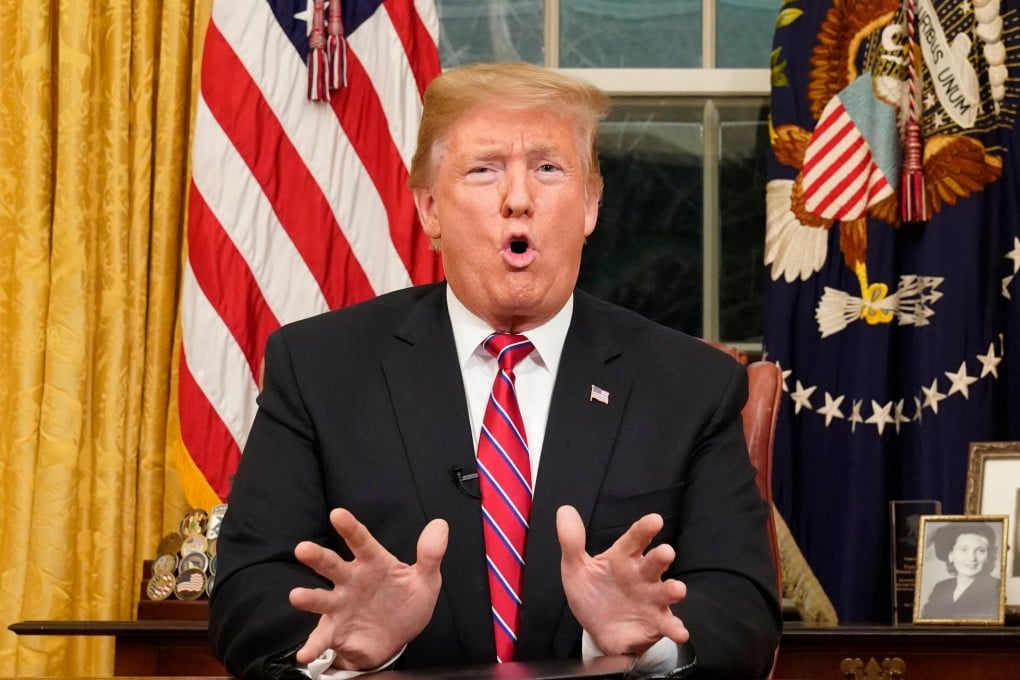Is Donald Trump’s ARIA an overture to greater harmony in the Indo-Pacific region?
- Asia Reassurance Initiative Act’s call for US$1.5 billion a year for programmes in East and Southeast Asia likely to be welcomed by US allies in region, Ankit Panda writes
- Primary motivator behind new law is challenge perceived in US Congress of dealing with China’s rise

On the very last day of 2018, US President Donald Trump signed into law the Asia Reassurance Initiative Act (ARIA), which according to the White House “establishes a multifaceted strategy to increase US security, economic interests and values in the Indo-Pacific region”.
The act represents an attempt by the US Congress to exercise a degree of oversight over the White House’s implementation of the Asia policy that is articulated in the 2017 National Security Strategy and the 2018 National Defence Strategy documents.
It also puts money where the United States’ mouth has long been by authorising the appropriation of US$1.5 billion a year for a range of programmes in East and Southeast Asia. In doing so, it acts as ballast for the United States’ self-professed Indo-Pacific strategy, which continues to remain mostly in the realm of rhetoric.
The act’s appropriations will be a welcome change for US partners and allies in the region, many of whom have watched with disappointment as Congress has cut funding for the Asia Maritime Security Initiative – an older capacity-building initiative – by about half to US$48.2 million.
The primary motivator behind the act is the challenge perceived in the US Congress – on both sides of the aisle – of dealing with China’s rise. The activities it encourages and the reporting it requires from the executive branch speak to those objectives.
But it also focuses on other issues, including human rights, terrorism – especially in Southeast Asia – and nuclear disarmament on the Korean peninsula, requiring the president to certify to Congress in writing a justification for any kind of sanctions relief granted to Pyongyang.